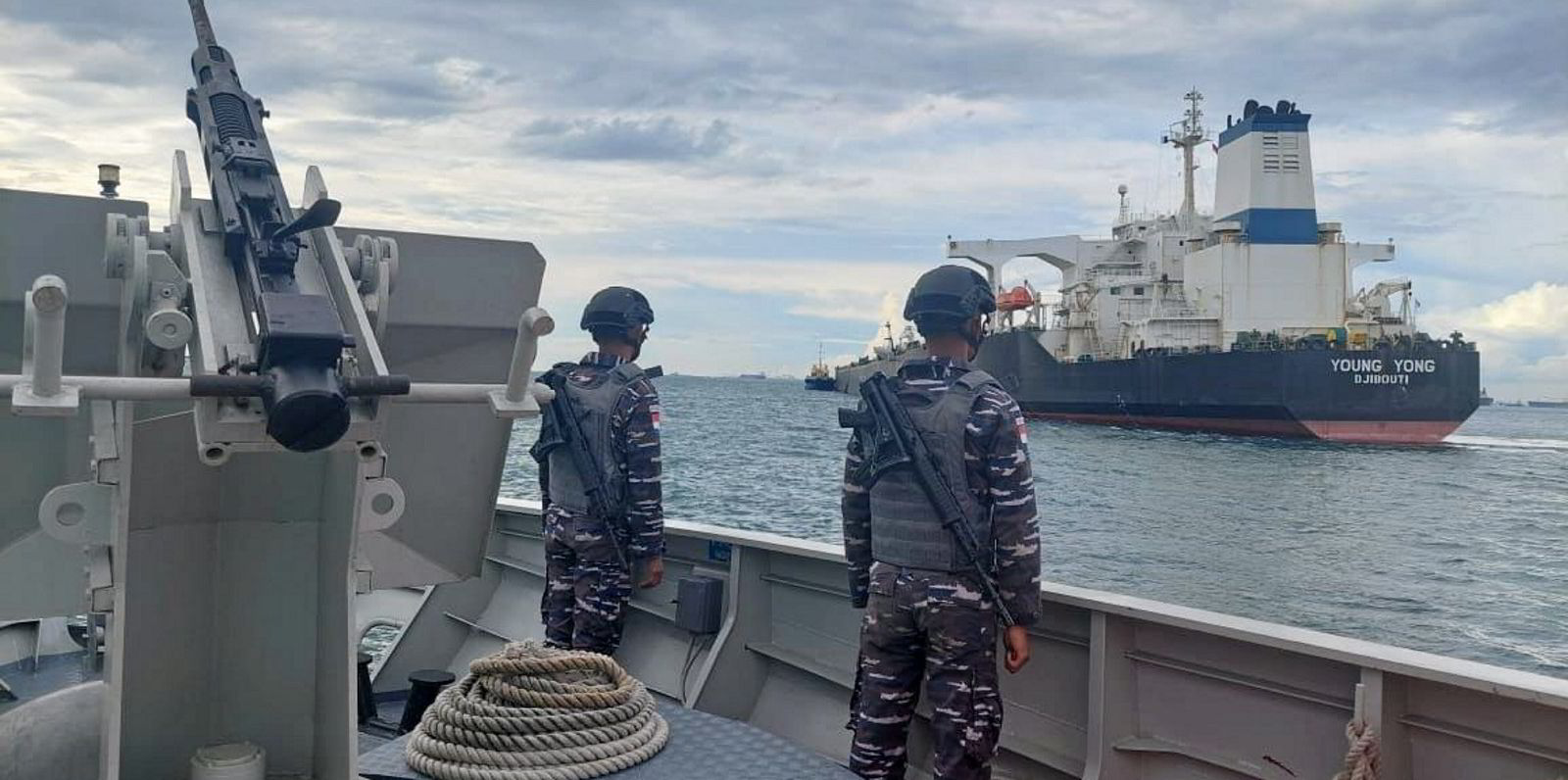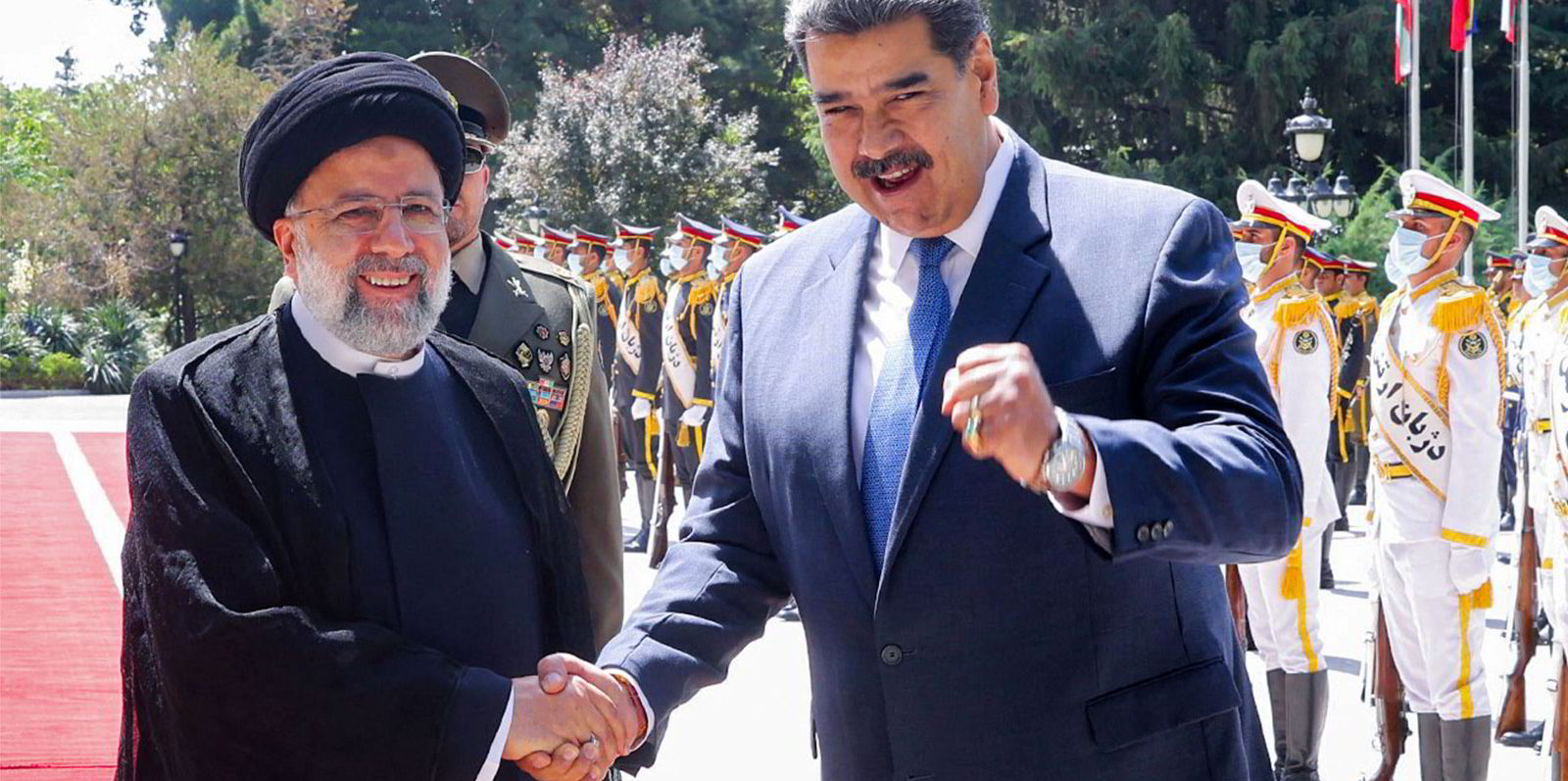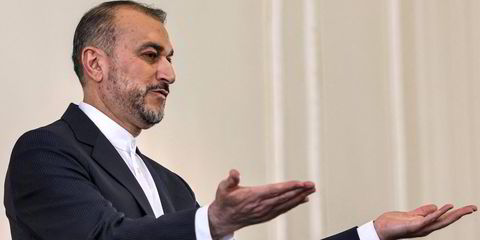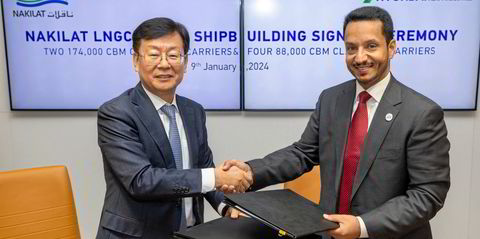The US has temporarily eased sanctions for 11 tankers said to be part of an Iranian oil smuggling network to allow for essential repairs and treatment for sick crew.
US officials say the ships controlled by Viktor Artemov, a Switzerland-based Ukrainian, are behind the shipping of hundreds of thousands of barrels of Iranian oil.
The US Treasury put the seven crude carriers and four product tankers on a blacklist last year because of ties to the Iranian regime and its allies Hezbollah in Lebanon.
The change to the programme last week permits payments to allow ships to safely dock and anchor at ports, to ensure the health of crew members, for emergency repairs or environmental mitigation, said the Treasury’s Office of Foreign Assets Control (Ofac).
Ofac said that the change to the regime did not allow for any cargo to be unloaded or for any other new commercial contracts. The measures run until 13 April.
Ofac did not say why the changes had been made. It did not respond to a request for comment.
The ships include the 306,300-dwt Young Yong (built 2001), which ran aground off Indonesia in October last year near a gas pipeline, and the 105,700-dwt Zephyr I (built 2002), which collided with a container ship the previous month.
The location of some of the vessels is unknown. The last AIS signals from some of the tankers date from months ago, according to ship tracking and data analyst Kpler.
But the Zephyr I appeared to be off the coast of China, while the 165,300-dwt Julia A (built 2003) was off Greece. The 299,500-dwt Nolan (built 2000) was last identified off the coast of Venezuela a month ago, the data indicated.
The US links the sanctioned ships to Artemov and other companies including Monumont Ship Management. The Istanbul-based outfit has been active on the sale-and-purchase scene for tankers since 2021 and was said by the US to manage several of Artemov’s vessels.
The US Treasury claimed that Artemov and his network, which included nationals from Iran, Switzerland, Lebanon and France, used a web of shell companies and falsified documents to hide the source of the oil when selling it in international markets.





